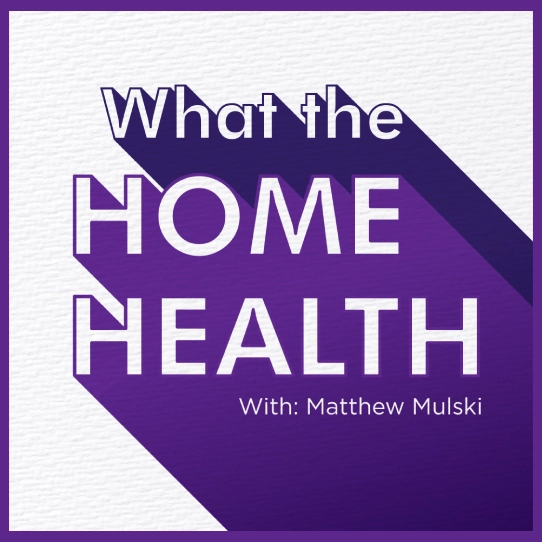Clinician Education and Value-Based Purchasing Take Center Stage in 2025 Home Health Final Rule
The 2025 Home Health Final Rule introduces a range of regulatory updates to improve transparency, elevate patient care standards, and stabilize financial practices within the home health sector. With these updates taking effect, home health agencies must adapt quickly, especially as CMS focuses on value-based care and Social Determinants of Health (SDOH). According to CMS, addressing socioeconomic factors alongside clinical needs can enhance patient outcomes and streamline agency operations.
What adjustments should home health agencies prioritize for compliance and quality improvement under the 2025 Final Rule?
On this episode of What The Home Health, host Matthew Mulski welcomes Jnon Griffin to explore the challenges and opportunities within these new regulations. The conversation centers on financial sustainability, regulatory compliance, and the potential for improved patient care frameworks.
Key Points:
- Regulatory Adjustments: The rule includes a modest reimbursement rate increase, adjustments to the Outcome and Assessment Information Set (OASIS) assessment, and mandates for agencies to document SDOH.
- Clinician Education and Revenue Impact: Clinicians are encouraged to understand the revenue impact of their decisions as part of the agency’s financial health.
- Emphasis on Value-Based Purchasing: Upcoming measures include increased points for high-risk patients, potentially preventable hospitalizations, and SDOH data integration to support underserved communities.
Jnon Griffin is a Senior Vice President at SimiTree, specializing in home health and hospice operations, compliance, and regulatory oversight with expertise in areas such as Medicare, quality assurance, and clinical quality improvement. She has over 20 years of experience in healthcare management, where she has successfully led multi-site operations, increased patient census, and implemented innovative care programs. Her leadership roles include driving strategic initiatives and resource allocation, improving clinical protocols, and enhancing revenue cycles and compliance across healthcare organizations.




